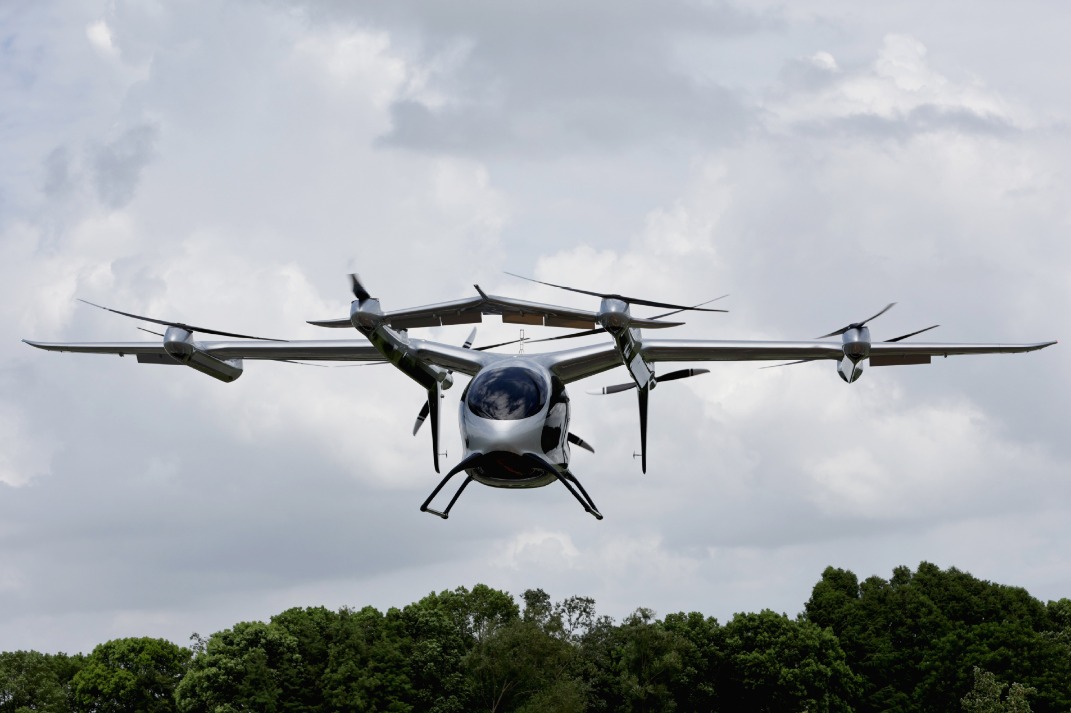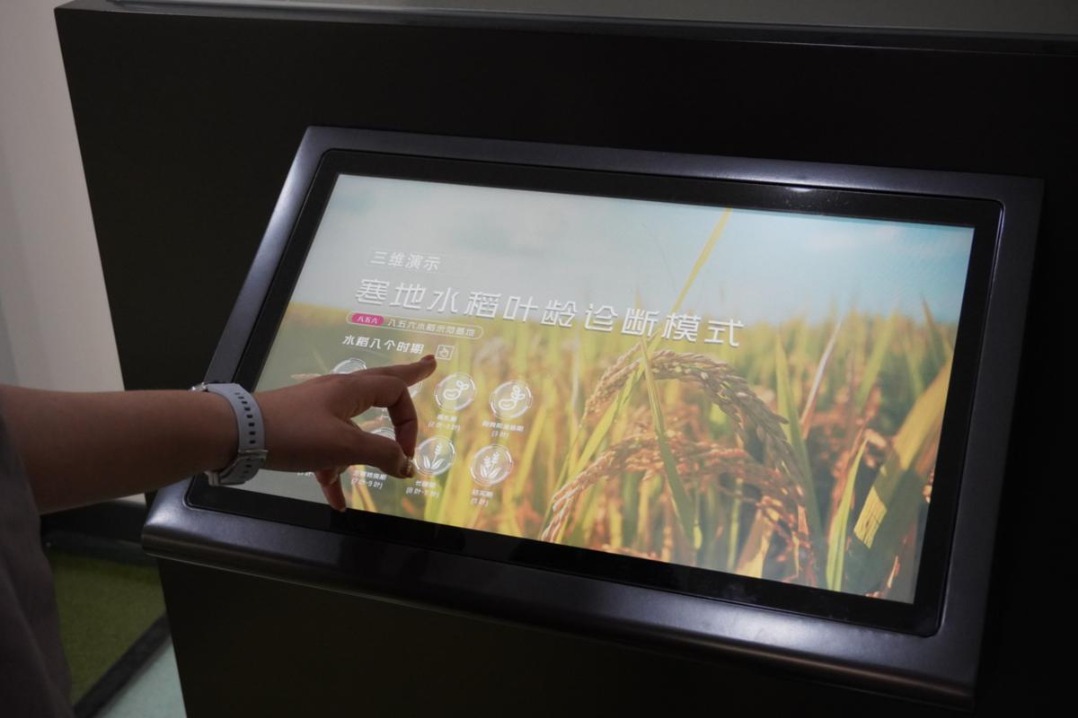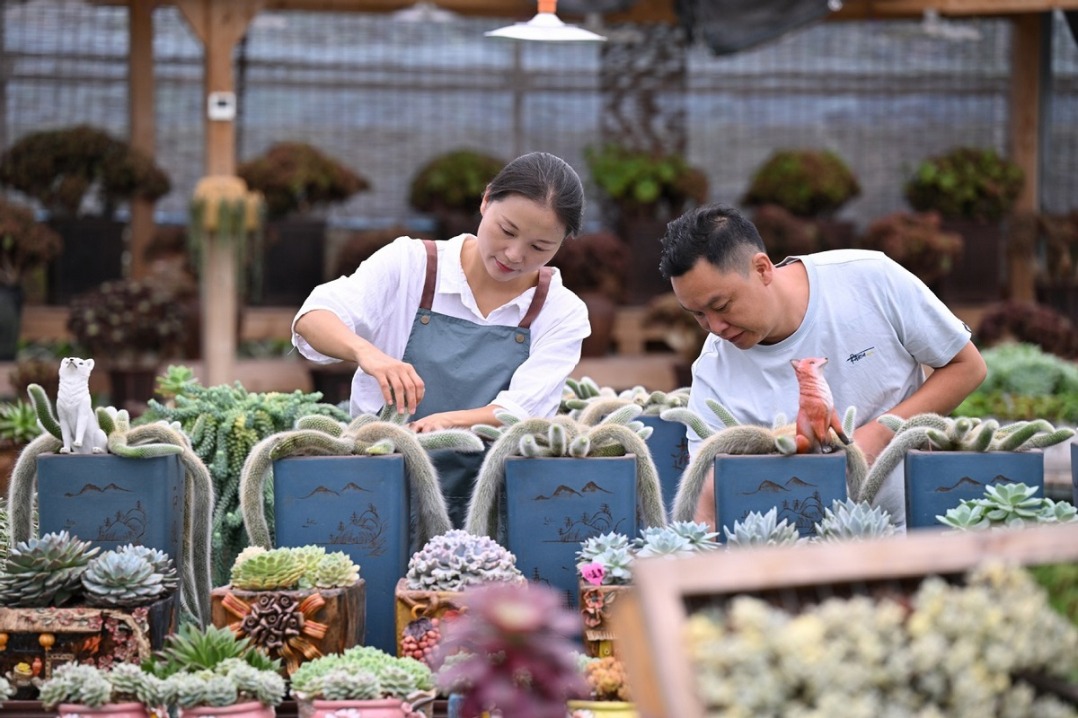Seeds from China's space station applied in breeding experiments

BEIJING -- With the return on Tuesday of the Shenzhou-17 manned spacecraft, a new batch of scientific experimental samples from China's space station have arrived on Earth, including seeds for breeding experiments.
Forage seeds, including alfalfa and oats, provided by the Lanzhou Institute of Husbandry and Pharmaceutical Sciences under the Chinese Academy of Agricultural Sciences, underwent 11 months of space radiation on the space radiation biology exposure equipment aboard the space station.
After basic checks at the Technology and Engineering Center for Space Utilization under the Chinese Academy of Sciences, the seeds were sent to a research team from the Lanzhou Institute of Husbandry and Pharmaceutical Sciences for experimental research.
The researchers have started seed germination experiments on the seeds and will further conduct ground-based breeding experiments to obtain excellent mutants and cultivate superior new forage varieties with higher yield, better quality and stronger resistance, said Yang Hongshan, the team's chief scientist.
The research results are expected to significantly enhance China's competitiveness in the field of agricultural science and technology, providing strong support for the sustainable development of agriculture in the country, Yang said.
The research team has successfully cultivated three new varieties of alfalfa and one new variety of oats through space-mutation breeding. These varieties have been widely promoted and applied in production.
- From ancient script to living heritage, unbox 3,000+ years of culture in Anyang
- Factbox: 10 fallacies in Lai Ching-te's narrative on the island's so-called unity
- Rescue showcases bonds in stormy waters
- Young winemakers bring new energy to 'wine capital'
- Ex-justice vice-minister gets 13 years for bribery
- Military exercises expose Lai's lies





































